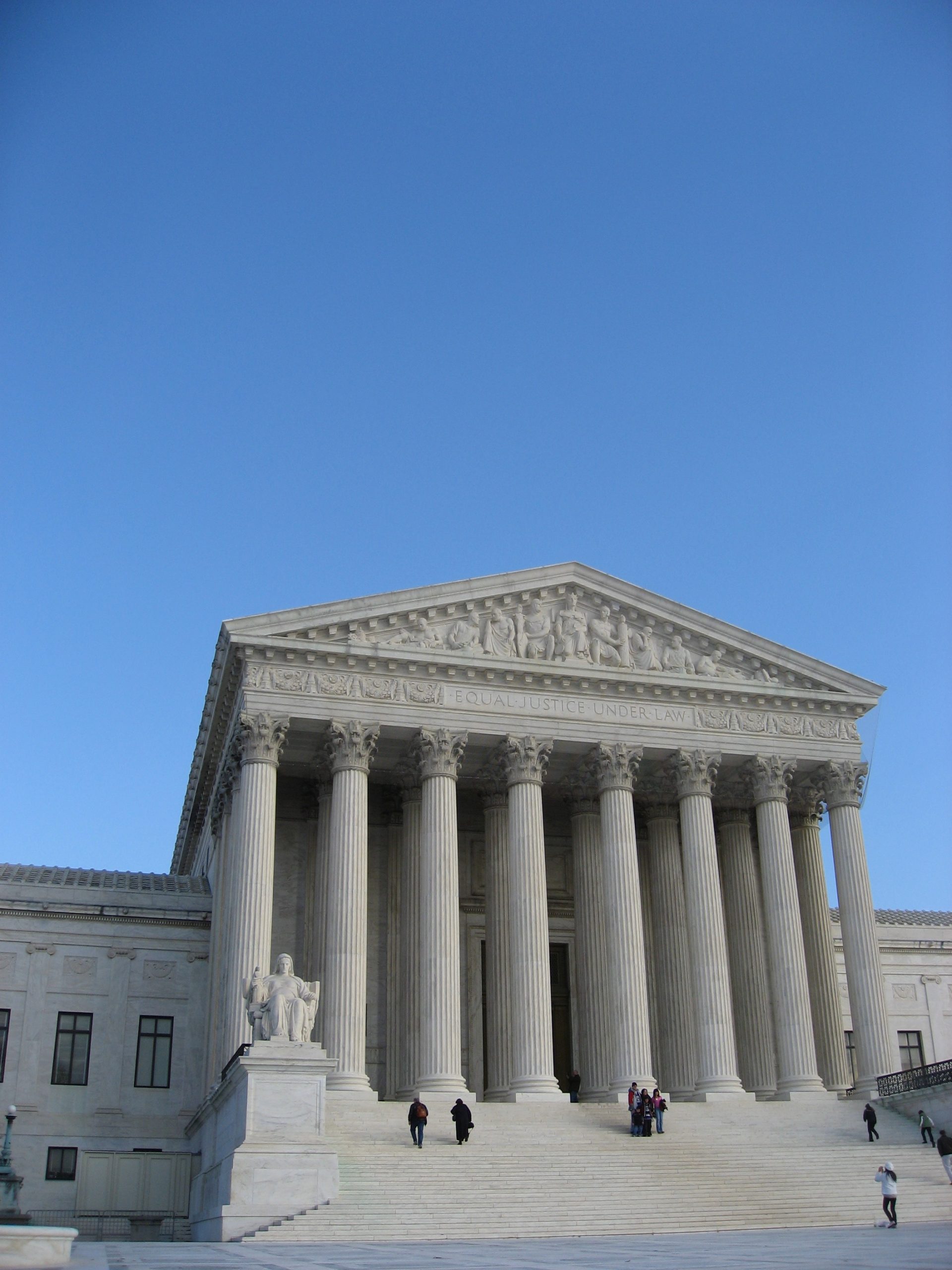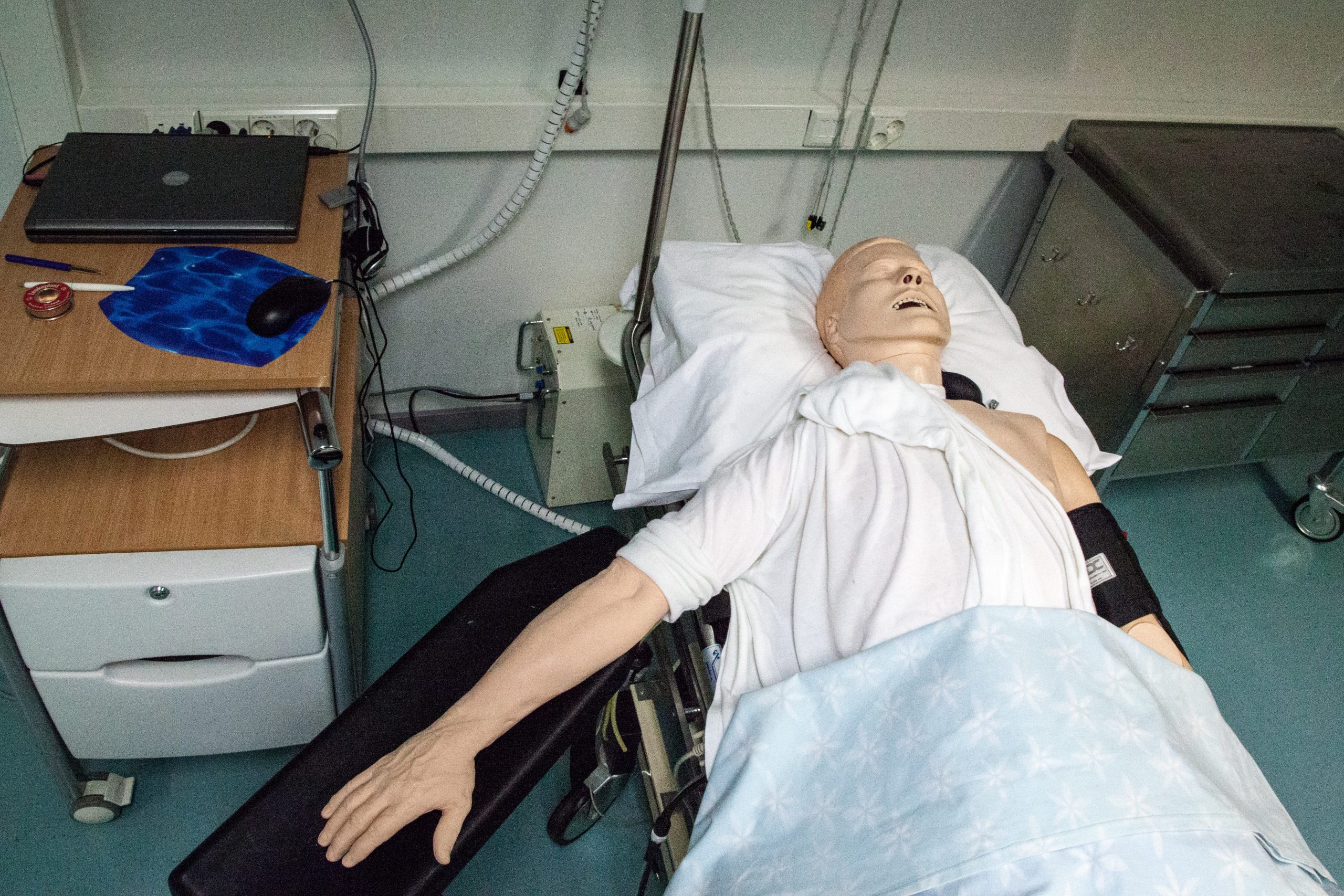 Sometimes, those delightful recreational activities we all enjoy carry an inherent risk. Often, we assume the risk of those injuries when we engage in that potentially reckless conduct. Knowing your legal options following these injuries is necessary, mainly because recovering for these somewhat ordinary injuries can be difficult. What does it look like when a party cannot recover for a recreational injury–here, an injury from a trampoline park visit?
Sometimes, those delightful recreational activities we all enjoy carry an inherent risk. Often, we assume the risk of those injuries when we engage in that potentially reckless conduct. Knowing your legal options following these injuries is necessary, mainly because recovering for these somewhat ordinary injuries can be difficult. What does it look like when a party cannot recover for a recreational injury–here, an injury from a trampoline park visit?
Kurt and Tabitha Perkins visited a Shreveport indoor trampoline park, Air U. Kurt was injured while at Air U, and he was relatively young, had no known or apparent medical issues before the injury, and had done some time with the U.S. Marine Corps. The Perkinses filed a lawsuit against Air U and other parties, namely insurance companies and Air U’s unidentified employees.
Kurt stated in a deposition that he did not know why his left knee gave out when jumping on the trampoline, as he had no other injuries or treatment to his left leg. The other patrons at the trampoline park, mostly young kids, had no trouble jumping on the trampoline. Kurt and Tabitha stated that they did not notice any defects on the trampoline and that Kurt jumped normally when he was hurt. Tabitha also said that an Air U employee did not call an ambulance because he was not a manager.
 Insurance Dispute Lawyer Blog
Insurance Dispute Lawyer Blog


 Summary judgment is designed to enable judicial expediency and cost-effectiveness in the courts. It is an important and complicated procedure that can occur repeatedly during litigation. When summary judgment is asserted repeatedly in the same case, how do parties prevail in their attempts to get or defeat summary judgment motions? The following case helps answer that question.
Summary judgment is designed to enable judicial expediency and cost-effectiveness in the courts. It is an important and complicated procedure that can occur repeatedly during litigation. When summary judgment is asserted repeatedly in the same case, how do parties prevail in their attempts to get or defeat summary judgment motions? The following case helps answer that question.  When an individual sustains an injury while on the job, the anticipation of receiving workers’ compensation to tide them over during their recovery is natural. Regrettably, situations arise where companies are unwilling to shoulder this responsibility. The scenario becomes more intricate when a parent company distances itself from its subsidiary’s actions, attempting to evade liability for workplace injuries. This particular Louisiana Court of Appeals case delves into corporate responsibility, illuminating the circumstances under which a parent company is held accountable for the safety measures enacted by its subsidiary entities.
When an individual sustains an injury while on the job, the anticipation of receiving workers’ compensation to tide them over during their recovery is natural. Regrettably, situations arise where companies are unwilling to shoulder this responsibility. The scenario becomes more intricate when a parent company distances itself from its subsidiary’s actions, attempting to evade liability for workplace injuries. This particular Louisiana Court of Appeals case delves into corporate responsibility, illuminating the circumstances under which a parent company is held accountable for the safety measures enacted by its subsidiary entities. Picture this: you’re enjoying your daily dose of local news when your name surfaces amidst a hailstorm of defamatory allegations. Your reputation takes a blow, and you decide to fight back by filing a lawsuit. This might sound like a gripping storyline from a TV courtroom drama, but for Mary R, this was a harsh reality. Today we’ll delve into her case, a fascinating battle highlighting the intriguing intersections between public figures, free speech, and defamation law.
Picture this: you’re enjoying your daily dose of local news when your name surfaces amidst a hailstorm of defamatory allegations. Your reputation takes a blow, and you decide to fight back by filing a lawsuit. This might sound like a gripping storyline from a TV courtroom drama, but for Mary R, this was a harsh reality. Today we’ll delve into her case, a fascinating battle highlighting the intriguing intersections between public figures, free speech, and defamation law. Louisiana’s Workers’ Compensation fund exists to pay employees injured at work. Payment can be used for medical care and lost wages. When parties sign a settlement agreement on payment terms, an employee may assume payment is imminent. In a recent case from Rapides Parish, an employee discovered some conditions in a settlement may delay payment.
Louisiana’s Workers’ Compensation fund exists to pay employees injured at work. Payment can be used for medical care and lost wages. When parties sign a settlement agreement on payment terms, an employee may assume payment is imminent. In a recent case from Rapides Parish, an employee discovered some conditions in a settlement may delay payment.  Injury in the workplace can usually be avoided with proper safety measures in place. Safety measures, however, become hard to enforce when minors and adults work in conjunction. This was the case for Austin Griggs, an illegally employed minor injured in a forklift accident while working.
Injury in the workplace can usually be avoided with proper safety measures in place. Safety measures, however, become hard to enforce when minors and adults work in conjunction. This was the case for Austin Griggs, an illegally employed minor injured in a forklift accident while working. A visit to the hospital is a stressful and anxious time for patients and family members. Most people, however, assume that their doctors are competent and will administer the proper standard of care. This was not the case for Richard Smallwood.
A visit to the hospital is a stressful and anxious time for patients and family members. Most people, however, assume that their doctors are competent and will administer the proper standard of care. This was not the case for Richard Smallwood.  The fundamental right to due process is a cornerstone of constitutional protection, ensuring that individuals are treated fairly within legal proceedings. Nevertheless, the delicate line between potential bias and genuine due process violations is not always easily discernible. A telling example can be found in a noteworthy case from East Baton Rouge, where the revocation of a psychologist’s license came under scrutiny for alleged due process infringements. This case probes the intricate considerations surrounding bias, procedure, and the boundary between legitimate legal actions and violations of constitutional rights.
The fundamental right to due process is a cornerstone of constitutional protection, ensuring that individuals are treated fairly within legal proceedings. Nevertheless, the delicate line between potential bias and genuine due process violations is not always easily discernible. A telling example can be found in a noteworthy case from East Baton Rouge, where the revocation of a psychologist’s license came under scrutiny for alleged due process infringements. This case probes the intricate considerations surrounding bias, procedure, and the boundary between legitimate legal actions and violations of constitutional rights. When an injury related to a product occurs, assigning fault can involve multiple parties. In personal injury litigation, crucial legal questions arise regarding whom the plaintiff can seek compensation from, if anyone, and the underlying theory of liability. The following case offers a valuable exploration of common liability theories often encountered in product-related injury cases.
When an injury related to a product occurs, assigning fault can involve multiple parties. In personal injury litigation, crucial legal questions arise regarding whom the plaintiff can seek compensation from, if anyone, and the underlying theory of liability. The following case offers a valuable exploration of common liability theories often encountered in product-related injury cases. Medical professionals are expected to uphold a standard of care in their practice. Unfortunately, life can present us with unfortunate circumstances where this standard is not met. When we experience injuries or worse due to the actions of those responsible for our treatment, healing, or diagnosis, medical malpractice claims can serve as a means to seek compensation and justice.
Medical professionals are expected to uphold a standard of care in their practice. Unfortunately, life can present us with unfortunate circumstances where this standard is not met. When we experience injuries or worse due to the actions of those responsible for our treatment, healing, or diagnosis, medical malpractice claims can serve as a means to seek compensation and justice.